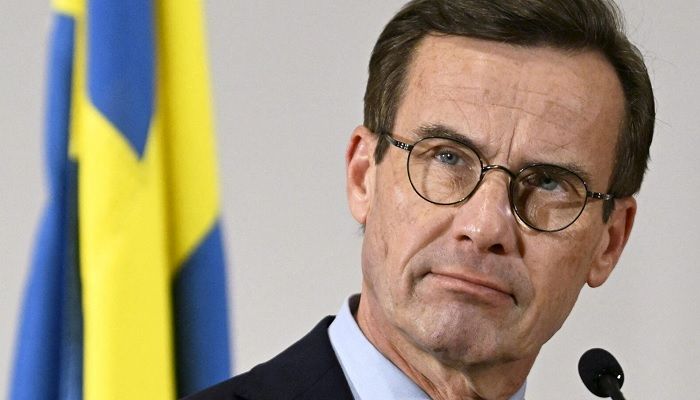
The Use of ChatGPT for Policy By Swedish Prime Minister Sparks National Backlash
Aug 6, 2025 |
👀 68 views |
💬 0 comments
Swedish Prime Minister Ulf Kristersson is facing a firestorm of criticism after admitting he uses AI chatbots to get a "second opinion" on policy matters. The revelation, made in an interview with the Swedish business newspaper Dagens Industri, has ignited a national debate about the role of AI in government and the accountability of elected leaders.
Kristersson, whose Moderate party leads Sweden's center-right coalition government, stated he frequently consults tools like ChatGPT and the French service LeChat to quickly grasp complex issues, such as geopolitical tensions or economic data. He stressed that he uses them as a supplementary aid, not as a decision-maker.
However, the backlash was swift, with one of the most prominent criticisms becoming a viral rallying cry: “We didn’t vote for ChatGPT.”
The Concerns: Bias, Accountability, and Trust
Critics, including tech experts, academics, and political commentators, have raised several alarms over Kristersson's use of AI:
Risk of Bias and Misinformation: Experts warn that commercially available AI models are trained on vast, often biased, datasets and can sometimes "hallucinate," generating false or misleading information. A professor of responsible AI at Umeå University, Virginia Dignum, stated in an interview that the more Kristersson relies on AI, even for simple things, the bigger the risk of overconfidence and a "slippery slope."
Eroding Democratic Accountability: The use of AI blurs the line between human judgment and algorithmic input, raising profound questions about who is ultimately responsible for a policy decision. Critics argue that voters elect a leader, not an AI, and a leader’s personal responsibility is a cornerstone of democracy.
Security Risks: Even if no sensitive information is shared, as Kristersson’s office claims, some experts argue that entering political thoughts and questions into commercial, third-party language models owned by foreign tech giants could still pose a security risk.
Past Missteps and the Broader Context
This isn't the first time Kristersson's administration has faced scrutiny over its use of AI. Just weeks prior to this latest admission, the Moderate Party had to pull an AI-powered campaign tool after users manipulated it to generate images of the Prime Minister holding signs with messages that endorsed controversial figures. The incident underscored the risks of deploying unvetted AI in public-facing roles.
While Kristersson's supporters defend his use of AI as a modern, efficient way to stay informed, the controversy highlights a broader global debate. As AI continues to infiltrate sectors from finance to healthcare, its application in governance demands heightened scrutiny to preserve democratic integrity and trust.
🧠 Related Posts
💬 Leave a Comment
